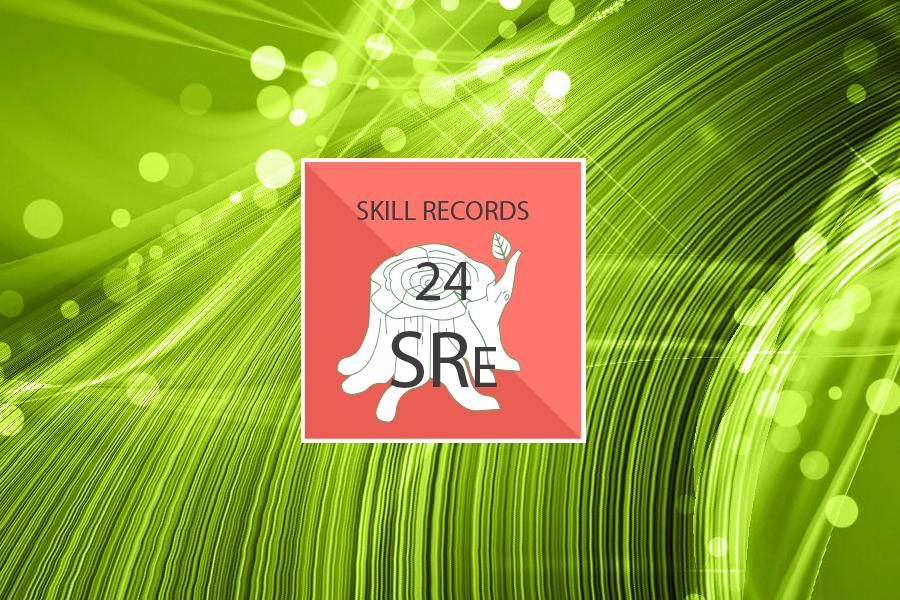 Skill Records - I keep a record of my skills
Skill Records - I keep a record of my skills
By keeping a record of your skills, you have evidence to support your applications and proposals. Having a reliable way record your skills will position yourself as a brand in an honest and credible way.
Introduction
Many people make use of a diary and calendar to keep themselves updated for work purposes. Some also keep journals to record their thoughts and skills. Keeping journals has now become a modern and simple way of reflecting. Previously, people thought it was a waste of time, however many motivational speakers and life coaches, encourage that people invest in journals to record their growth. By making a note of thoughts and developments, helps you in reflecting, and this leads to additional learning.
Our skills grow through experience. By logging your experience, you have real evidence of the skills you have developed. Having a good way to record your experience of using your skills helps you to remember the actions you have taken. It’s hard to keep track of our development as we move along the highway of our careers. Yet it becomes ever more important to record the skills we are learning in our careers, that impact our lives on a daily basis. This will help us to position ourselves as a brand in an honest and credible way.
Benefits of keeping a skills record
1. Helps you to remember your informal, non-formal and formal learning.
2. Assists you to brand yourself in an honest and credible way.
3. Enables you to see which skills you are growing and gives you new growth ideas.
Skill example
I use my course logbook to keep a record of the skills I am growing and also use it for other career related notes.
Cynthia's story
Cynthia is an administrator at a local hospital. She is highly efficient and takes her job very seriously. Ever since her teenage years, Cynthia would keep a diary and note all events in her life. Her family thought that it was just a teenage thing. Now, as an adult, Cynthia keeps her diary and makes weekly entries. She focuses on what went well and what did not.
Cynthia then identifies the most common themes and starts working on the skills needed to deal effectively, with similar situations in the future. Thanks to her journaling, she can identify gaps in her development plan and makes provisions to develop this.
Through her journaling, she is also able to track challenges, like things that no longer work or processes that frustrate patients. She is then able to bring changes in those areas in a well thought out manner.
How to keep a record of your skills
Keeping a record of your skills can help you stay organized, track your progress, and identify areas where you may need to improve. Here are some tips to help you keep a record of your skills:
- Create a list: Start by creating a list of all your skills, both professional and personal. This may include things like communication skills, technical skills, leadership skills, and creative skills.
- Identify your strengths and weaknesses: Identify your strengths and weaknesses within each skill area. This can help you prioritize your efforts and focus on improving in areas where you may be weaker.
- Track your progress: Track your progress over time by recording any new skills you develop or any improvements you make in existing skills. This can help you stay motivated and see how far you've come.
- Use a skills matrix: Use a skills matrix or similar tool to organize your skills and track your progress. A skills matrix is a visual representation of your skills that allows you to easily identify areas where you may need to improve.
- Update your CV: Update your CV with your current skills and any new skills you develop. This can help you stand out to potential employers and demonstrate your ongoing commitment to personal and professional development.
Remember that keeping a record of your skills is an ongoing process that requires regular updating and self-reflection. By creating a list, identifying your strengths and weaknesses, tracking your progress, using a skills matrix, and updating your CV, you can stay organised and focused on developing your skills over time.

Skill Records
I keep a record of the skills I am growing
By keeping a current record of your skills, you have evidence to support your applications and proposals. Having a reliable way to keep track your skills will allow you to position yourself as a brand in an honest and credible way.